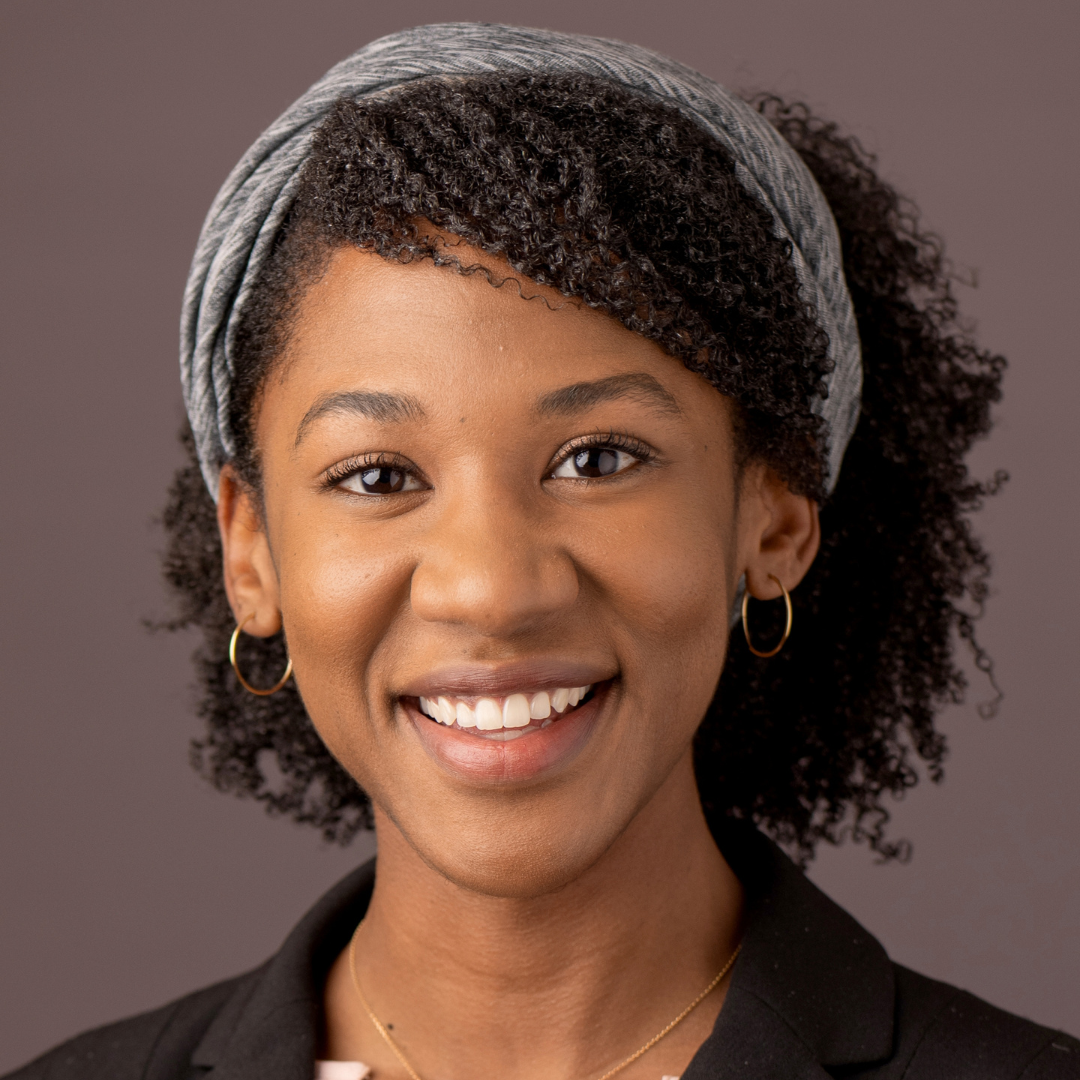
Serrae Reed-Lingenfelter
- Degree: Mechanical Engineering ('18)
- OURMA Programs: Houston Scholars, Undergraduate Research Day
- Major Awards and Fellowships: Ford Foundation Fellowship, GEM Fellowship
- LinkedIn: www.linkedin.com/in/serrae-reed-lingenfelter
Current Pursuits
I have been completing my PhD at Yale University in Mechanical Engineering and Materials Science. My research focuses on engineering atomically thin semiconductors for use in next-generation field-effect transistors. I will be graduating this spring and I am currently in the process of applying and interviewing for full-time industry positions. I’m hoping to leverage the problem-solving, data analysis, and leadership skills I’ve gained through my PhD in my next role.
What motivated you to participate in an OURMA program?
I applied for the Houston Early Research Experience program because I’ve always had an interest in solving open-ended problems. I was also excited to see how the principles I was learning in the classroom could be applied in cutting-edge research. Lastly, participating in undergraduate research is a fantastic way to invaluably expand your experiences, knowledge, and skillset – all of which are very helpful when applying to either industry jobs or graduate school.
Favorite Undergraduate Research Memory
Preparing for and participating in my first Undergraduate Research Day is a very fond memory for me. It was fun to get to explain my research to my friends and family, and to see how the discrete experiments I was working on fit together into a coherent and novel story.
What do you value most about your undergraduate research and fellowships experience?
The mentorship and experiences I gained helped me to understand the purpose and mechanics of graduate school. Furthermore, I was confident in my ability to conduct research and present my results in a variety of formats because of my participation in undergraduate research.
How did your fellowships experience prepare you for what you are currently doing?
Although I selected a new research topic in graduate school, my background in thin film photovoltaics from the Selvamanickam lab gave me a great understanding of device physics and fabrication. Those skills have been well-utilized in my current research as I fabricate and measure nanodevices.
Advice for Students Interested in Applying to Nationally Competitive Awards
Just do it! The first draft can be the hardest to craft but try to get it done early enough to have time for several revisions. The more eyes you can get on your application materials, the better. Through the process of editing and refining your work, you will become a much better writer. So even if you don’t win the award, you will still gain phenomenal experience, build relationships, and hone your translatable skills.